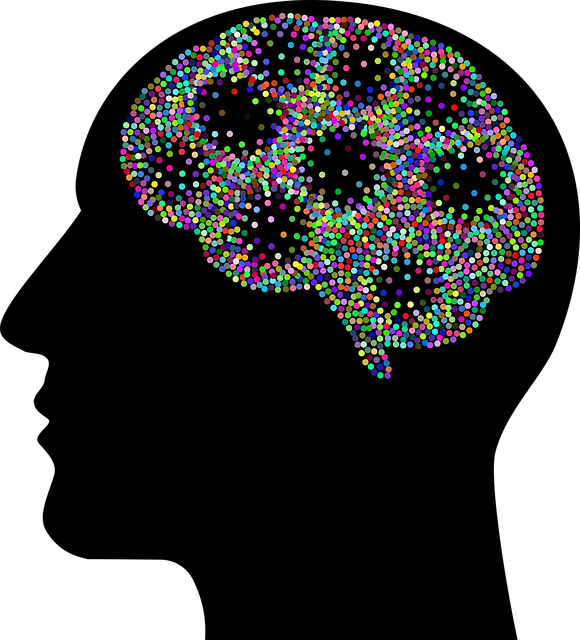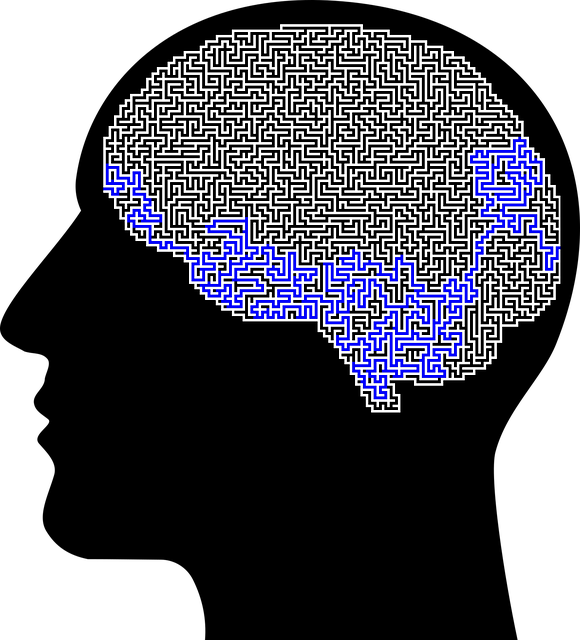Understanding Mental Health Data is pivotal for navigating psychological well-being, especially in treating conditions like mood disorders and anxiety, as well as emerging issues such as sexual addiction in young adults. Various data collection methods, from interviews to digital analytics, provide insights crucial for developing effective interventions. Ethical guidelines and risk management planning are vital for safe data handling, enabling professionals to leverage diverse sources for comprehensive population trend analysis. Advanced analytics tools uncover hidden patterns in large datasets, supporting personalized therapy for young adults with sexual addiction. Holistic data analysis deepens understanding of burnout prevention and informs evidence-based mental health policies. As AI and machine learning evolve, ethical considerations remain paramount, focusing on client privacy protection and informed consent to enable valuable research while revolutionizing care for young adults struggling with sexual addiction.
Mental health data analysis is transforming the way we understand and address psychological well-being. This article explores the power of analytics in uncovering hidden patterns within mental health data, offering valuable insights for clinical decision-making. We delve into various techniques, from source identification to interpretation strategies, focusing on a case study showcasing how data-driven approaches can revolutionize therapy for young adults struggling with sexual addiction. Additionally, ethical implications and future trends in this evolving field are discussed.
- Understanding Mental Health Data: Collection and Sources
- The Role of Analytics in Identifying Patterns
- Interpretation Techniques for Clinical Insights
- Case Study: Applying Data Analysis to Therapy for Young Adults with Sexual Addiction
- Ethical Considerations and Future Trends in Mental Health Data Analysis
Understanding Mental Health Data: Collection and Sources

Understanding Mental Health Data is a pivotal step in navigating the complex landscape of psychological well-being. Collection methods vary widely, from structured clinical interviews and standardized questionnaires to digital apps and social media analytics. These sources offer valuable insights into various aspects of mental health, including mood disorders, anxiety, and even emerging issues like sexual addiction in young adults. Therapy for Young Adults Sexual Addiction has gained significant attention, driving the need for robust data collection techniques that can capture nuanced behaviors and preferences within this demographic.
Mental Health Policy Analysis and Advocacy plays a crucial role in ensuring these data collection methods align with ethical guidelines and privacy regulations. Risk Management Planning for Mental Health Professionals is also essential to safeguard both patients and practitioners, as it involves implementing strategies to mitigate potential risks associated with data handling. By leveraging these diverse sources and adhering to robust practices, mental health experts can foster a more comprehensive understanding of population mental health trends, ultimately guiding the development of effective interventions and Inner Strength Development programs.
The Role of Analytics in Identifying Patterns

In the realm of mental health, data analysis plays a pivotal role in identifying patterns and trends that may otherwise remain hidden. By leveraging advanced analytics tools and techniques, professionals can gain valuable insights into various aspects of an individual’s well-being, including their response to therapy for young adults with sexual addiction. This process involves the meticulous examination of large datasets collected from clinical settings, surveys, and self-reported metrics. Through sophisticated algorithms, analysts can uncover correlations between specific behaviors, emotional patterns, and treatment outcomes, leading to more personalized and effective interventions.
The integration of analytics into mental health practices aligns perfectly with the Mind Over Matter principles. By understanding the data, practitioners can design tailored programs that focus on stress management workshops within organizations and encourage self-care practices. This data-driven approach not only improves the quality of care but also fosters a more holistic understanding of mental health issues, ensuring that each individual receives the most suitable support.
Interpretation Techniques for Clinical Insights

Interpretation techniques in mental health data analysis play a pivotal role in uncovering critical clinical insights, especially when focusing on niche areas such as therapy for young adults with sexual addiction. Qualitative and quantitative methods are employed to delve into complex datasets, allowing professionals to navigate intricate patterns and trends that may otherwise remain hidden.
By combining advanced statistical tools with nuanced theoretical frameworks, researchers can identify correlations between various factors, including demographic data, treatment modalities, and outcome measures. This holistic approach facilitates a deeper understanding of burnout prevention strategies and informs evidence-based practices in mental health policy analysis and advocacy. Moreover, it enables tailored interventions for specific populations, such as young adults grappling with sexual addiction, ultimately enhancing the effectiveness of therapy and promoting positive outcomes.
Case Study: Applying Data Analysis to Therapy for Young Adults with Sexual Addiction

In the context of mental health data analysis, understanding and treating specific conditions like sexual addiction among young adults can greatly benefit from applying advanced analytical techniques. Consider a case study where a therapy program for young adults struggling with sexual addiction utilized data-driven insights to enhance treatment outcomes. Through systematic data collection and analysis, therapists could identify patterns in patients’ behaviors, triggers, and response to various therapeutic interventions.
This approach allowed for personalized treatment plans, incorporating tailored mental wellness journaling exercises and self-care routine development strategies. By analyzing the collected data, therapists gained valuable guidance on what works best for individual patients, leading to improved mental health awareness and ultimately, better recovery rates. This case study exemplifies how leveraging data in therapy can revolutionize care for young adults dealing with sexual addiction, setting a promising precedent for more effective treatment approaches.
Ethical Considerations and Future Trends in Mental Health Data Analysis

As mental health data analysis advances, ethical considerations become increasingly vital. Privacy and confidentiality are paramount when dealing with sensitive information about individuals’ psychological states and treatments. Ensuring informed consent and anonymizing data are essential practices to protect clients’ identities while enabling valuable research. The potential for misuse or unauthorized access highlights the need for robust security measures.
Looking ahead, the future of mental health data analysis is promising, particularly with emerging technologies like artificial intelligence (AI) and machine learning. These tools can aid in identifying patterns within large datasets, facilitating personalized therapy recommendations. For instance, AI algorithms could assist in developing tailored interventions for issues such as sexual addiction among young adults, enhancing access to effective treatment. Moreover, analyzing trends across diverse populations can inform the development of inclusive community outreach programs and support initiatives aimed at reducing mental illness stigma. Effective risk management planning for mental health professionals will also be crucial as data-driven practices become more prevalent, ensuring both patient safety and ethical research conduct.
Mental health data analysis has emerged as a powerful tool, offering valuable insights into complex behaviors and disorders. As demonstrated by the case study on therapy for young adults with sexual addiction, analytics can identify patterns and trends that guide more effective treatment approaches. By leveraging advanced interpretation techniques, professionals gain clinical insights to improve patient outcomes. However, ethical considerations must be paramount to ensure data privacy and informed consent. Future trends in mental health data analysis promise even greater personalization and precision in care, reshaping the landscape of therapy for young adults with sexual addiction and beyond.










